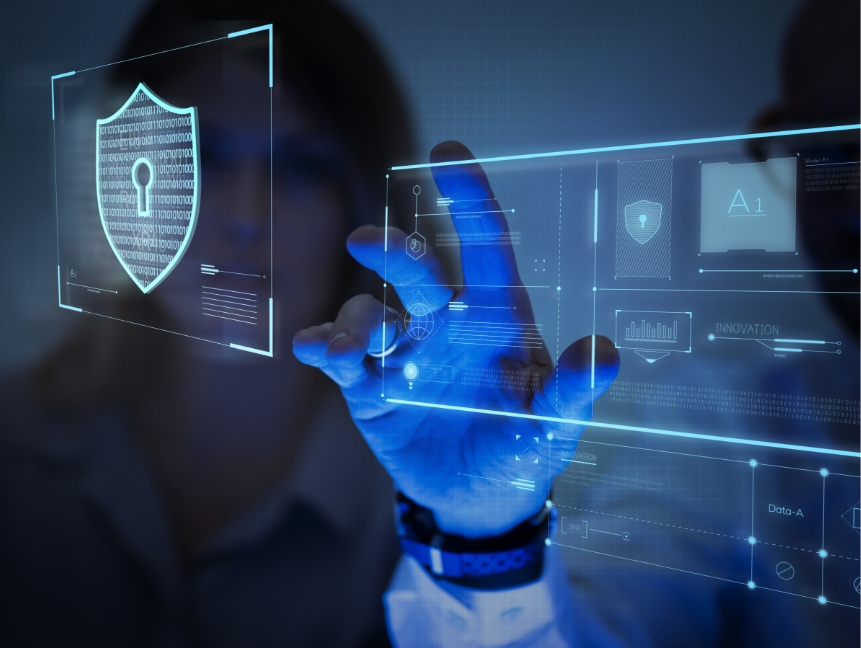In the ever-evolving world of cybersecurity, one of the most essential practices for keeping your devices and data safe is ensuring your software is up to date. While it might seem like a simple task, regular software updates play a pivotal role in maintaining robust protection against cyber threats. In this blog post, we’ll explore why keeping your software updated is crucial for cybersecurity and how it helps defend against evolving threats.
1. Patching Security Vulnerabilities
Software developers are constantly working to identify and fix security vulnerabilities within their products. These vulnerabilities are weaknesses that cybercriminals can exploit to gain unauthorized access to your devices and data. When a new vulnerability is discovered, software developers release updates (often called patches) to close these gaps and prevent potential attacks. Without timely updates, your system remains exposed to threats that could otherwise be avoided.
2. Defense Against New Cyber Threats
Cybercriminals are constantly developing new ways to bypass security measures and launch sophisticated attacks. This includes introducing malware, viruses, and other harmful programs that can infiltrate unprotected systems. Software updates often include not only security patches but also new security features designed to defend against the latest cyber threats. By ensuring your software is always up to date, you strengthen your defenses and make it harder for attackers to gain access.
3. Improved Compatibility with Anti-Virus Programs
As anti-virus software evolves to protect against the latest threats, keeping your operating system and applications updated ensures they remain compatible with the latest versions of these security tools. Many anti-virus solutions depend on the operating system’s underlying software to function effectively. Outdated software can cause conflicts with anti-virus programs, reducing their ability to provide full protection. Regular updates ensure that your system works seamlessly with security tools, maximizing your overall defense.
4. Bug Fixes and Performance Enhancements
Software updates often include bug fixes that address problems causing slow performance, crashes, or glitches. While these updates may seem minor, they play a crucial role in the overall stability of your system. A smooth-running device is less likely to encounter issues that could leave it vulnerable to attack. Regular updates help maintain performance while also eliminating bugs that could be exploited by cybercriminals.
5. Compliance with Industry Standards
For businesses and organizations, staying up to date with software updates is not just about security; it’s often a requirement for regulatory compliance. Many industries have stringent security standards in place to protect sensitive data and maintain consumer trust. Failure to update software could result in non-compliance, leading to legal consequences or reputational damage. Regular updates help ensure you remain compliant with industry regulations and avoid the risk of penalties.
6. Protection of Personal Data
Personal data is one of the most valuable assets online, making it a prime target for cybercriminals. Outdated software can leave your personal information exposed, leading to identity theft, fraud, or data breaches. Regular software updates patch known vulnerabilities and prevent unauthorized access to sensitive data. By keeping your software current, you reduce the risk of your personal details being compromised and ensure your online activities remain private and secure.
In conclusion, regular software updates are a crucial aspect of any effective cybersecurity strategy. They protect your devices from known vulnerabilities, defend against emerging threats, improve the performance of your system, and ensure compliance with industry standards. By making a habit of installing software updates as soon as they are available, you significantly strengthen your defenses and reduce the chances of falling victim to a cyber attack. Remember, a secure system starts with the basics—keeping your software up to date is one of the easiest and most effective ways to protect yourself.

